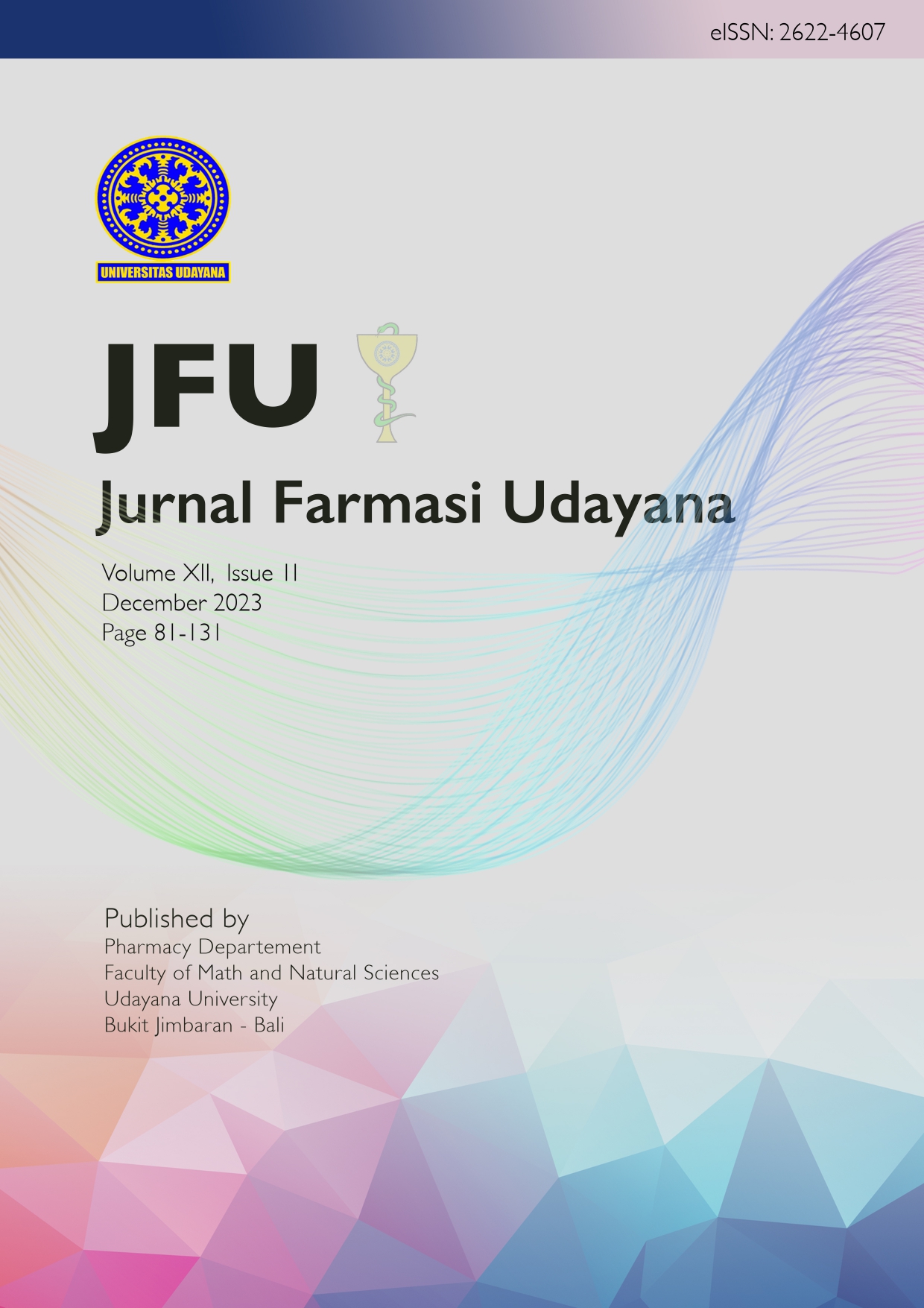Potential of Liposomes as Nanocarriers for Antituberculosis Inhalation Formulations
Abstract
Tuberculosis (TB) is a respiratory tract infection that remains a global health problem to this day. There were more than 10, 6 million TB cases with approximately 1,5 million deaths in 2021. The oral therapy regimen consisting of isoniazid (INH), ethambutol (EMB), pyrazinamide (PZA) dan rifampicin (RIF), despite having a successful treatment rate up to 95% still faces limitation contributing to low treatment compliance and the development of drug-resistance Mtb strains. Strategy to overcome these limitations is to deliver drugs by inhalation as aerosols to the lung, the primary site of Mtb infection. Liposome-based nanocarriers have been proven effective in improving drug bioavailability and reducing toxicity. Therefore, this article review aims to explore the potential nanocarriers in pulmonary drug delivery systems




